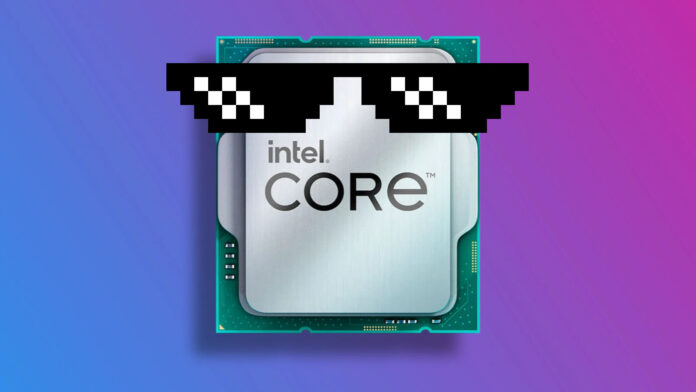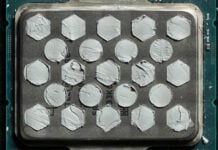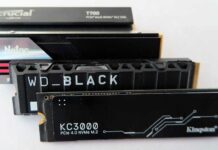
It’s no secret that Intel is currently hard at work on 15th Gen Arrow Lake and Lunar Lake-U architectures. Interestingly, Lunar Lake-U could be 50% faster in multi-threaded tasks than Meteor Lake-U. This is a substantial bump in performance, considering Meteor Lake-based Core Ultra mobile CPUs already pack a considerable punch with reduced power.
The news comes courtesy of Bionic_Squash, a reliable source of Intel leaks. They claim Intel might also increase the default TDP from 15W to 17W. The chipsets could also adjust all the way up to 30W for heavy workloads. Lunar Lake performed almost 1.5x faster than Meteor Lake in multithreaded tasks. The tests were allegedly performed in a variety of synthetic benchmarks, including Cinebench R23 and Geekbench 5. Of note, Bio_Squash seemingly confirmed that, at the very least, this particular 17W SKU has no hyper-threading support.


We’ve known for a little while now that Intel might drop hyperthreading entirely. If anything, this latest leak proves that Intel’s upgraded core design and processor nodes are far superior compared to its predecessors. Based on rumours past, Lunar Lake will utilise the same hybrid multi-tile architecture as Meteor Lake. However, Lunar Lake will split between “Lion Cove” P-core, and “Skymont” E-core chiplets.
Key highlights include a shift to an MOP (Memory on Package) design, the same approach Apple uses for its M1, M2, and M3 silicon. Having memory closer to the CPU cores allows for faster memory speeds, increased bandwidth, and lower power consumption. This also presents a smaller mainboard footprint, seeing as the processor and memory modules would share a single fibreglass substrate. All in all, it’s ideal for ultra-thin laptop solutions.
Naturally, it’s best to take the above information with a grain of salt. For now, it seems Intel is eyeing for an end-of-year rollout for both Arrow Lake and Lunar Lake or the beginning of 2025. We should have more concrete information within the coming months, perhaps at Computex 2024.















































